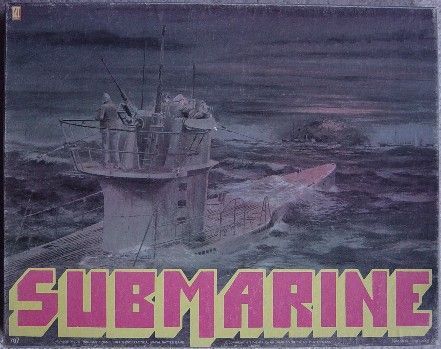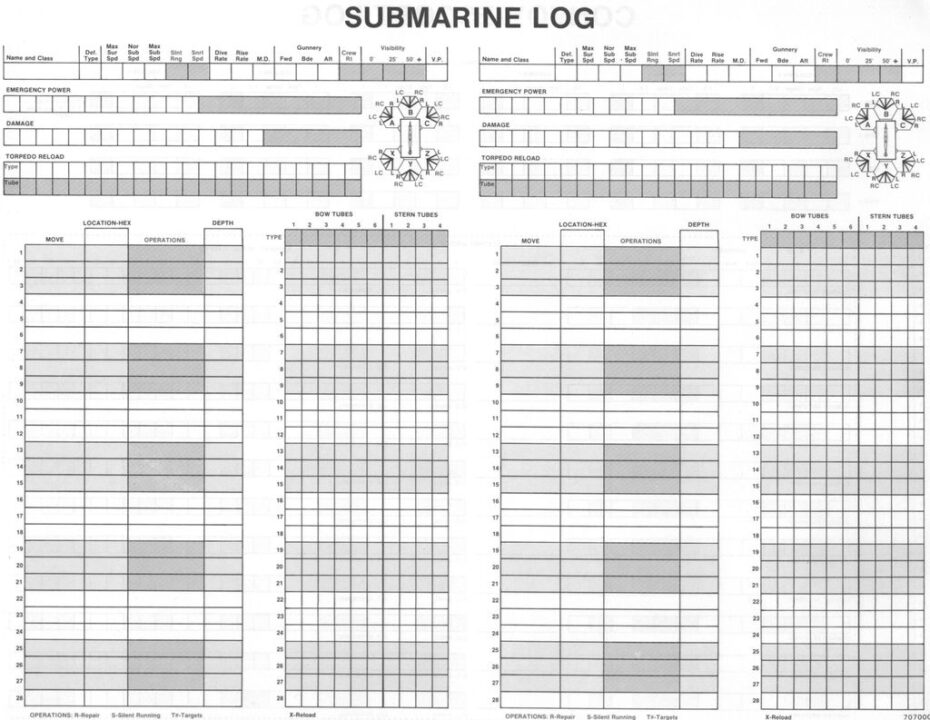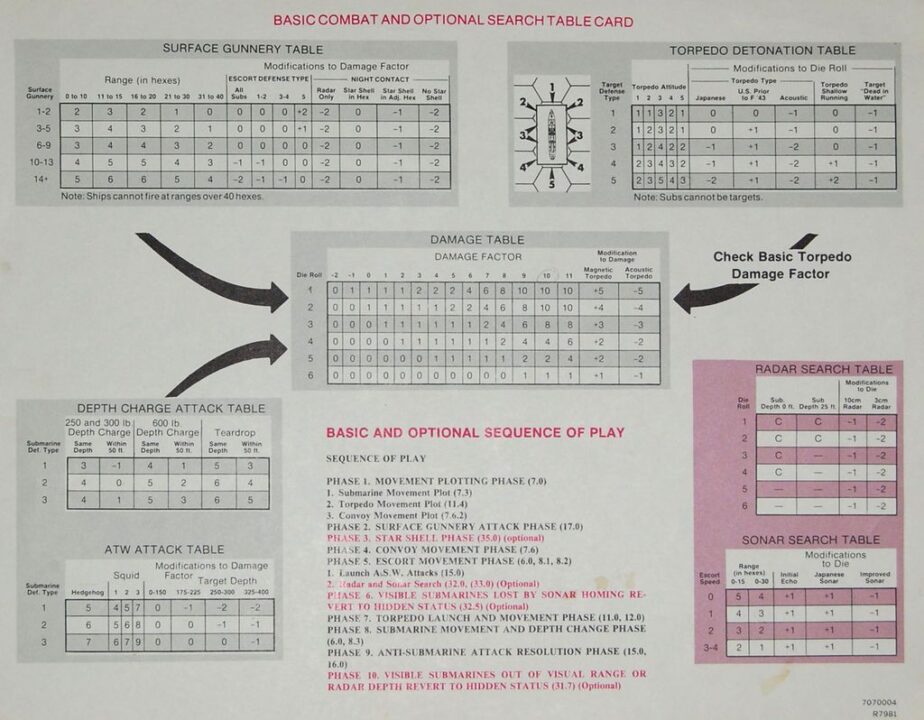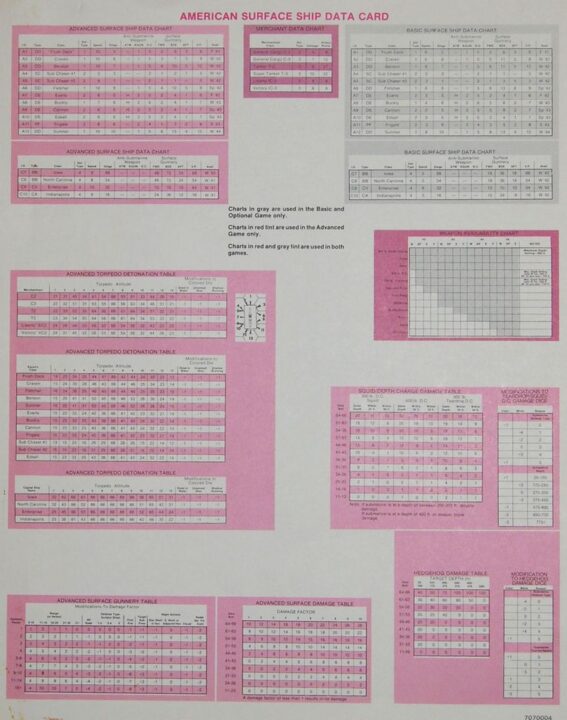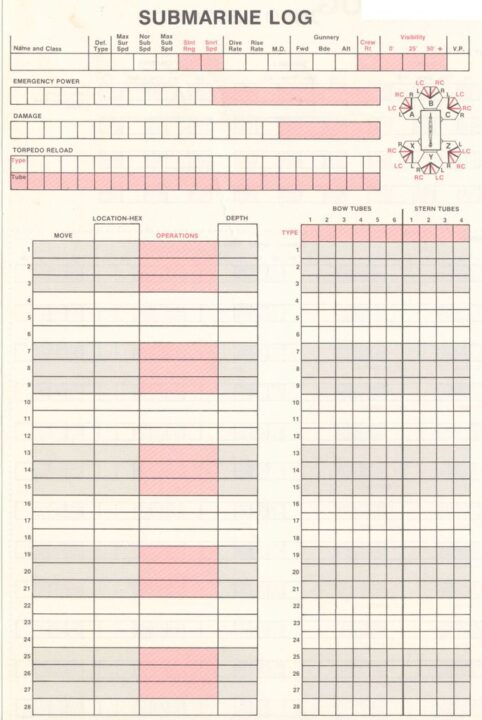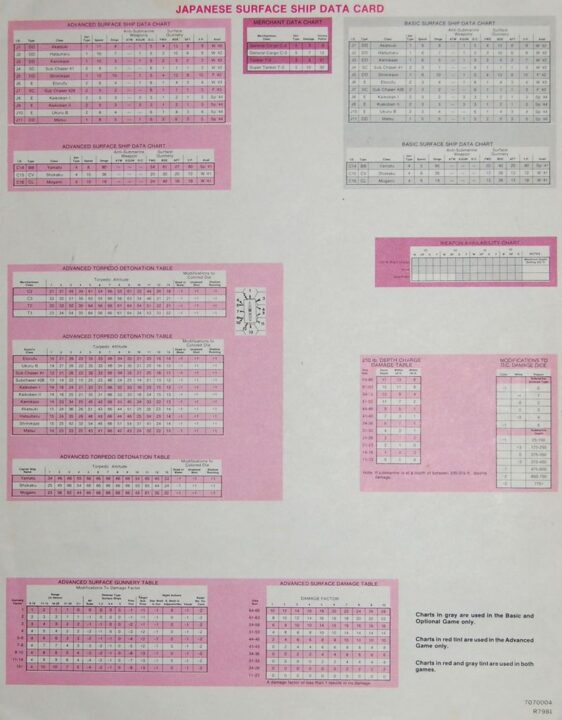Ahoy, gamers! Today, you’re in for a treat. We’re diving periscope-deep into the mysterious waters of Submarine. In this review, I’ll reveal what makes this board game a gem or a wreck. From gameplay mechanics to components and artwork, and even down to replayability, I’ve navigated every corner of this game. Armed with my merry crew of friends, I’ve emerged from the depths to share my findings. So, grab your captain’s hat and let’s set sail!
How It Plays
Welcome aboard! Here’s a brief guide on how to play Submarine. Hold your breath and let’s dive in!
Setting up
First, unfold the game board and place it in the center. Each player picks a colored submarine and places it at the starting point. Shuffle the mission cards and deal two to each player. Then, place the resource tokens and dice within reach. Finally, set the depth tracker to zero. You’re ready to dive!
Gameplay
Players take turns in clockwise order. On your turn, roll the dice to determine your movement. Move your submarine the number on the dice, then draw a resource token. Next, draw a mission card to get tasks to complete. You’ll strategize, collaborate or sabotage to win. Watch out for depth changes and lurking dangers! Be quick but careful!
Winning the game
The game ends when a player completes all their missions or a submarine reaches the deepest level. Check your mission cards. Each completed mission earns points. The player with the most points wins! If tied, the one who reached the depth tracker’s end wins. Hooray for the smartest captain!
Want to know more? Read our extensive strategy guide for Submarine.
Gameplay Mechanics and Player Balance in Submarine
Alright, folks, let’s kick this review off by talking about what makes Submarine tick: the gameplay mechanics. Imagine you’re at the helm of a submarine, navigating through treacherous waters to find hidden treasures. Sounds fun, right? Well, mostly! The game mechanics are straightforward, but that’s what makes it great for both new and seasoned players. Each player takes turns moving their sub, gathering resources, and avoiding obstacles. It’s all about strategy and quick thinking, making you feel like a real submariner.
Now, let’s get to the nitty-gritty: player balance. In Submarine, everyone starts on an even keel. No one has an unfair advantage right from the start, which I love. It’s like a potluck dinner where everyone brings something to the table, and nobody’s stuck eating Aunt Marge’s mystery casserole. But, here’s a nugget of truth – the game can occasionally tip its hat to luck. The placement of treasure can sometimes be a bit too random. And when it comes to finding treasure, luck can feel like the uninvited guest at a party; you can’t ignore it, but you wish it would leave early.
Overall, the mechanics are solid and player balance is fairly maintained. It’s not perfect, but it’s a heck of a good time. Stay tuned, because next up we will dive into the deep blue sea of components and artwork quality. You won’t want to miss it!
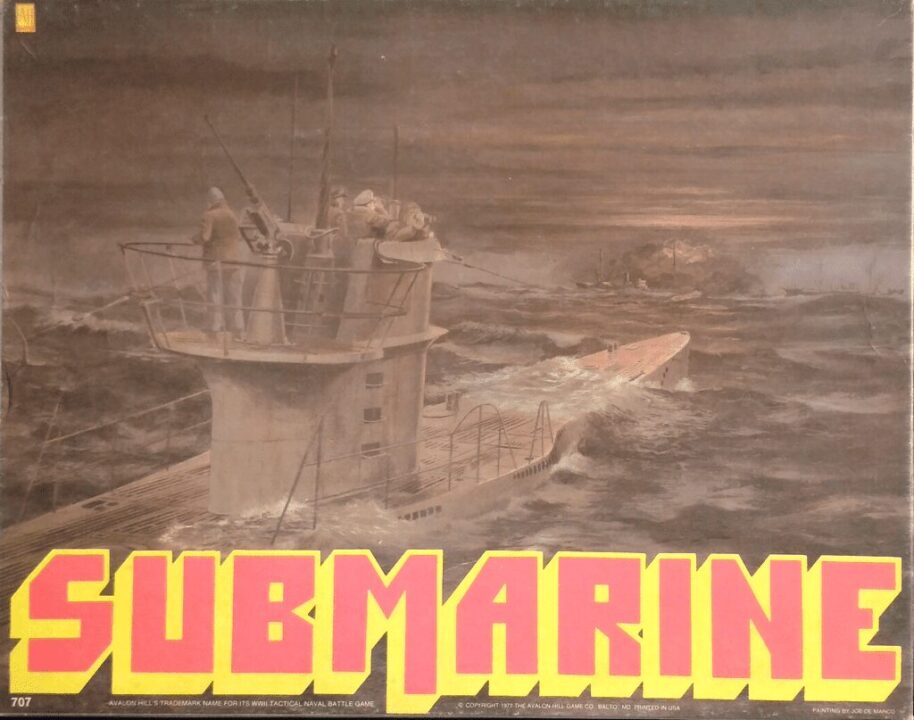
Components and Artwork Quality in Submarine
Ahoy, matey! If there’s one thing that can make or break a board game, it’s the components and artwork. In the game Submarine, you’re in for a visual treat. When I first opened the box, I was like a kid on Christmas morning. The game board is vibrant and detailed, capturing the underwater world perfectly. You can almost hear the whales singing if you stare long enough. The artwork is crisp and modern, making the game visually appealing and enhancing the overall experience.
The components are top-notch too! The submarine miniatures are sturdy and have a nice weight to them, which makes them feel premium. They didn’t skimp on the material. The same goes for the game cards and tokens. Everything feels durable, which is a big plus for a game that you’ll want to play over and over.
Now, let’s talk about the attention to detail. The game designers clearly put a lot of thought into the submarine theme. Even the rulebook is designed like a naval guide. It’s a small touch, but it adds to the immersion. The tokens and cards have unique illustrations that make you feel like you’re really navigating the depths.
However, there’s a minor hiccup. The game setup can be a bit time-consuming due to the number of components. But hey, good things come to those who wait, right?
In the next section, I’ll submerge into the depths of Replayability and Game Variability. Talk about diving deeper into the ocean!

Replayability and Variability in Submarine: A Fresh Dive Every Time!
When it comes to replayability, Submarine really excels at keeping things fresh and exciting. Each game feels like a new underwater adventure. The modular board is a standout feature here. Since the sea tiles can be rearranged for each game, you’ll never end up with the same layout twice. This keeps players on their toes and ensures that no two trips to the deep blue sea are alike.
The variability doesn’t stop with the board. The mission cards in Submarine add another layer of unpredictability. These cards dictate unique objectives for players each round, so strategies need to be adaptable. It’s like being given a new puzzle to solve each time you play. Plus, the random distribution of resources underwater means you will always need to rethink how you’re going to outmaneuver your friends.
The subtle intricacies of the game mechanics also contribute to replayability. Player interactions and decisions are significant. You’re constantly guessing what your opponents might do next. This human element keeps things from becoming too predictable or stale. Each decision can lead to a cascade of different outcomes, adding to the game’s richness.
Overall, Submarine scores high on replayability and variability, making it a game that will draw you back to the table time and again.
Ready to dive into the nitty-gritty of the rules? Next up, we’ll chat about the learning curve and how clear or murky those game instructions really are.

Learning Curve and Rule Clarity in Submarine
When it comes to learning a new board game, the first hurdle is always the rulebook. Submarine, I’m happy to say, does a pretty decent job here. The rulebook is well-organized and includes plenty of diagrams and examples to help you get your head around the gameplay mechanics.
There’s an initial learning curve, as with most strategy games, but it’s more of a gentle slope than a steep mountain. On our first playthrough, we spent around 30 minutes getting to grips with the basics. By our second game, we were moving through turns more smoothly than a submarine cutting through water.
A potential hiccup is the number of special rules and exceptions. These can sometimes cause confusion, especially if you’re juggling multiple actions and scenarios. However, the game includes a handy reference sheet that saves the day more often than not.
For players who enjoy deep strategy games, the learning curve is rewarding. There’s enough complexity to keep you engaged, but not so much that you’ll feel like you need a PhD in board games. If you’re introducing this to new gamers or younger players, though, expect to spend some time explaining and re-explaining a few details.
Overall, the rule clarity of Submarine holds up well under scrutiny. The game doesn’t overwhelm you with information but instead paces it out in manageable chunks. I’d recommend it for people who appreciate a bit of depth without diving too deep, pun intended!
So, do I recommend Submarine? Absolutely. Just be prepared to navigate a few rule-based waters before getting into the full swing of things.
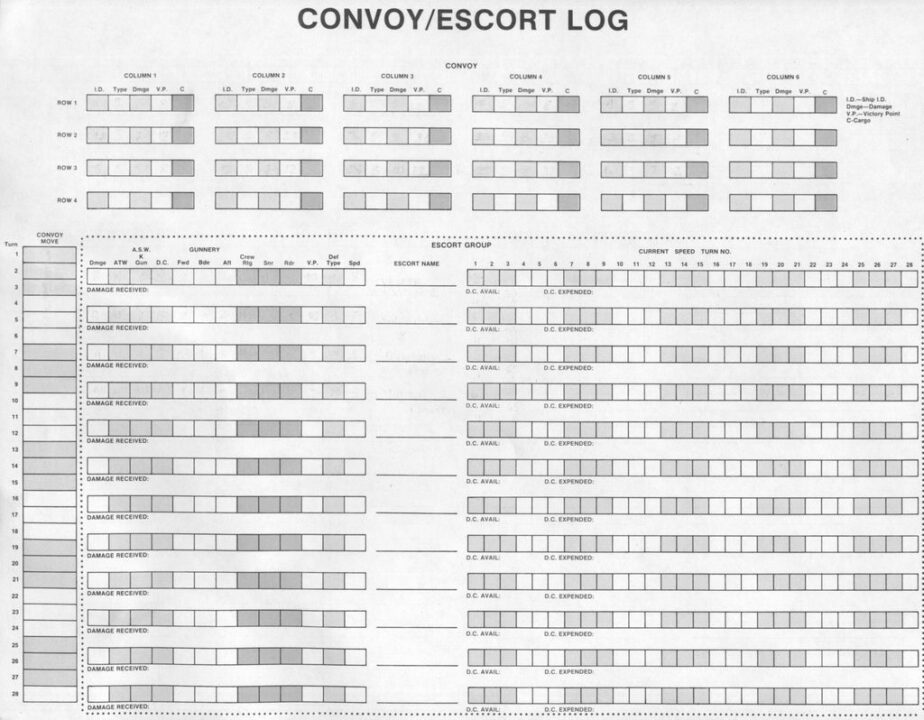
Conclusion
Overall, Submarine hits most of the right notes for a board game adventure. The gameplay mechanics are engaging, and the balance between players feels fair, with less reliance on luck. The components and artwork are top-notch, making it a visual treat. It’s also replayable thanks to its modular board and mission cards. While the learning curve isn’t steep, some special rules might trip you up initially. But once you get the hang of it, it’s a rewarding experience. That wraps up my review! Until next time, keep gaming!

